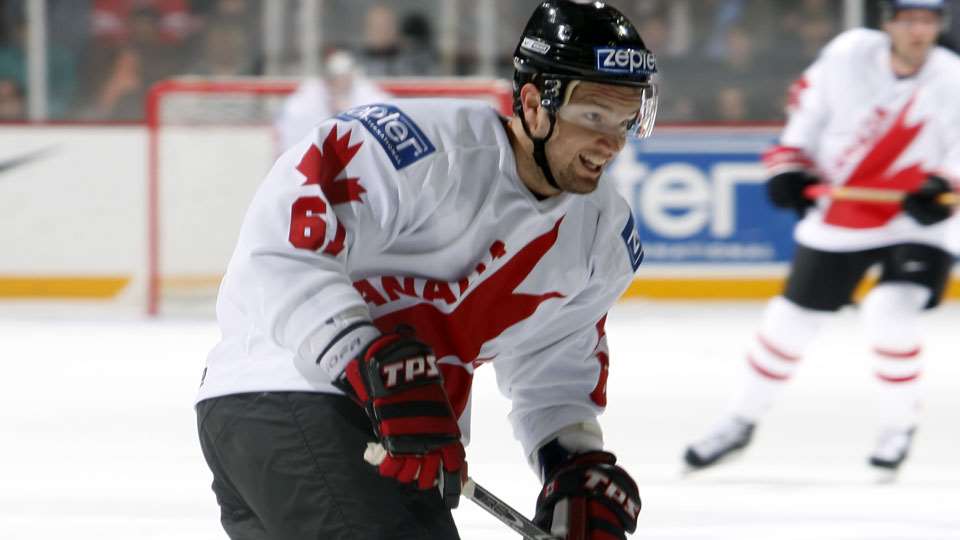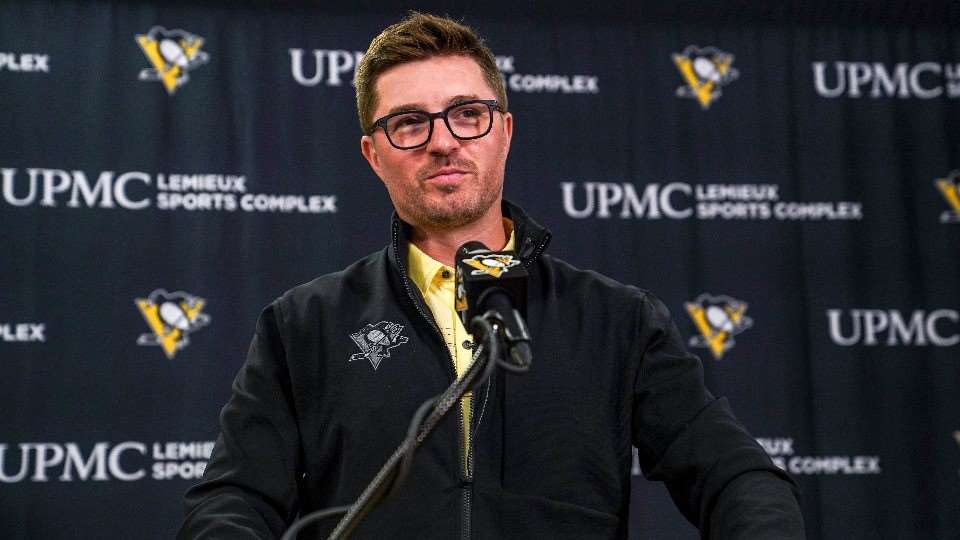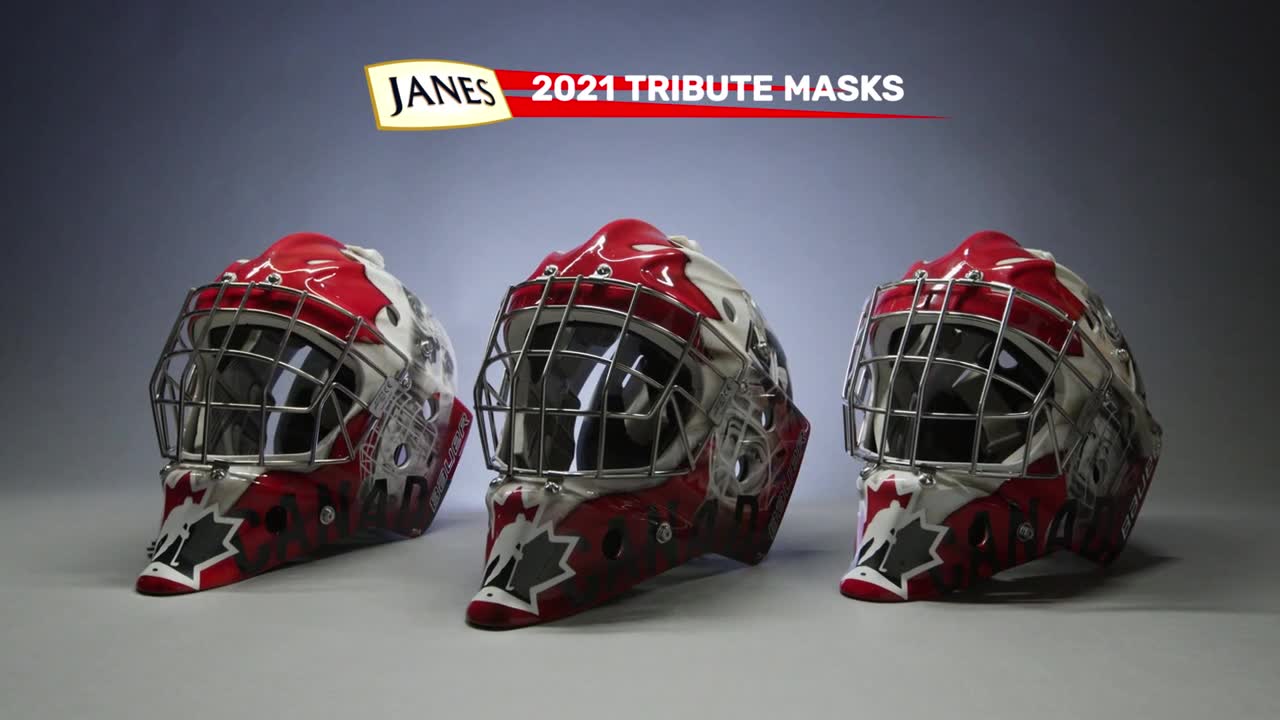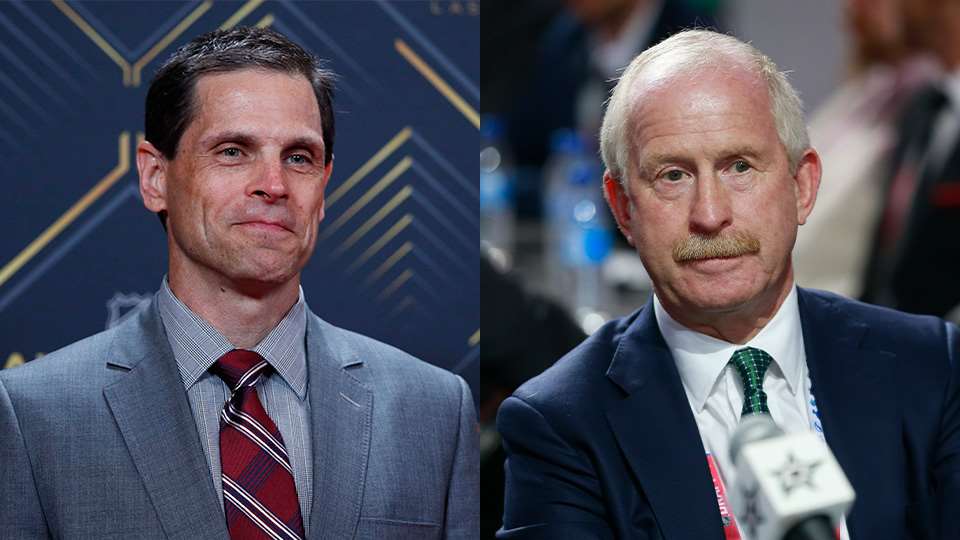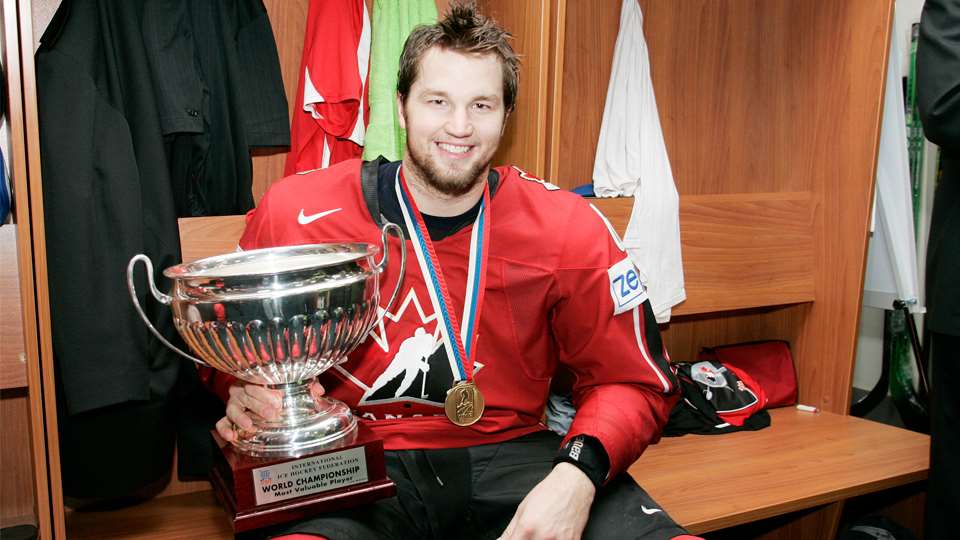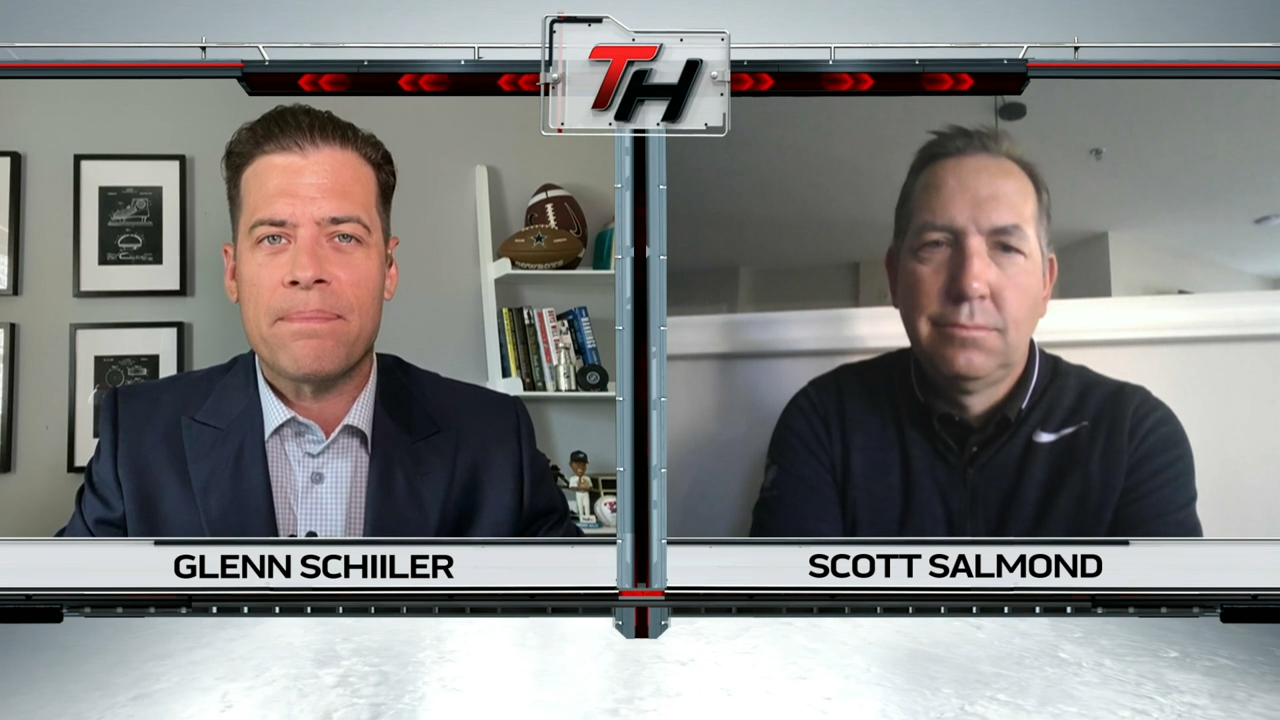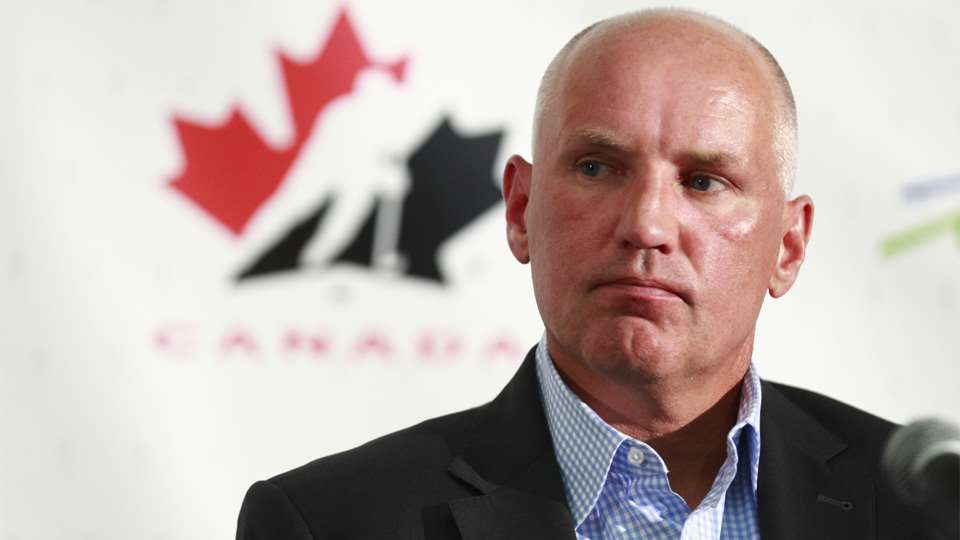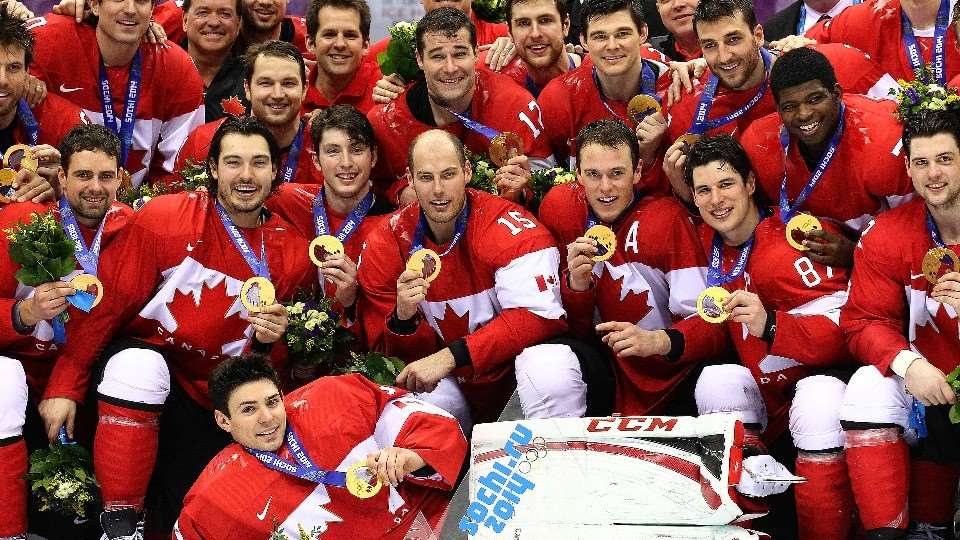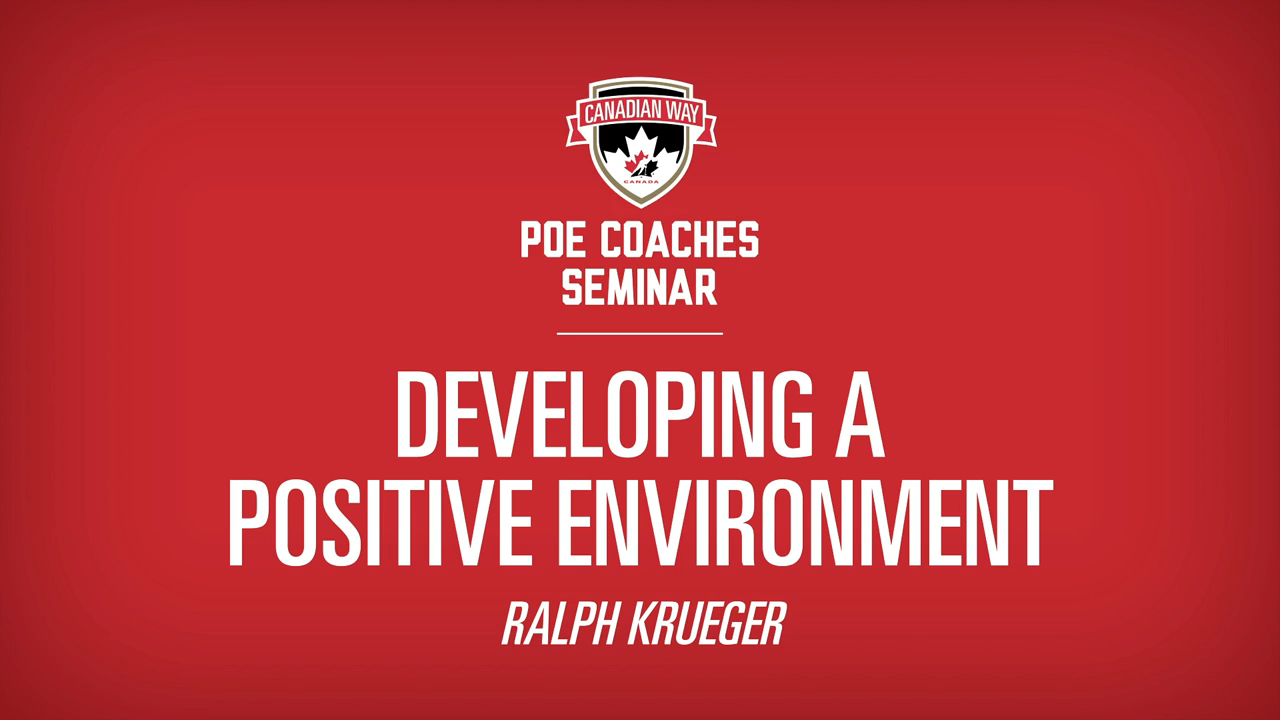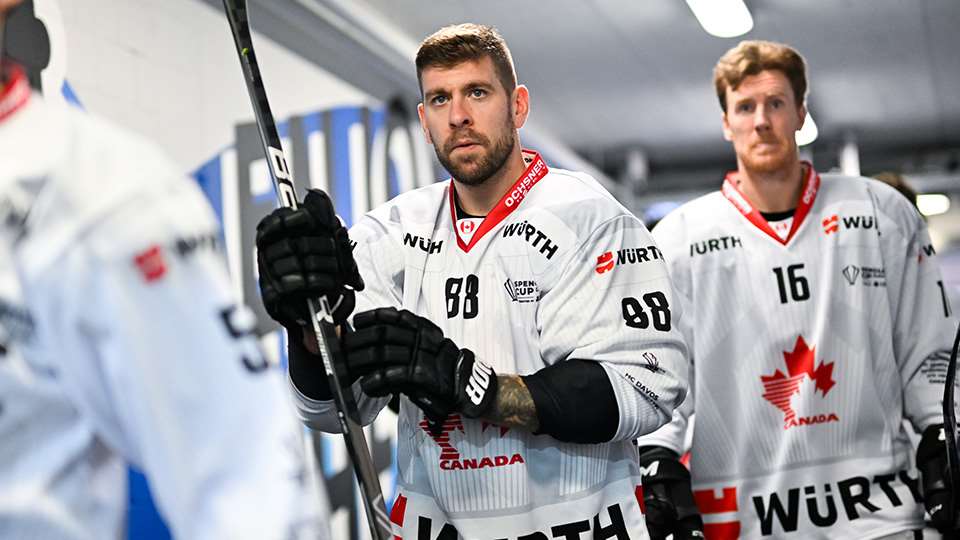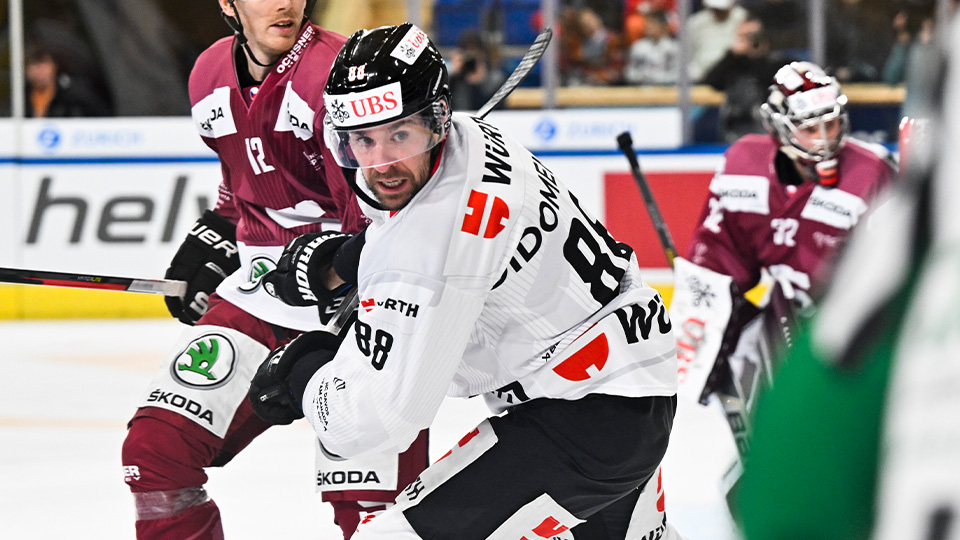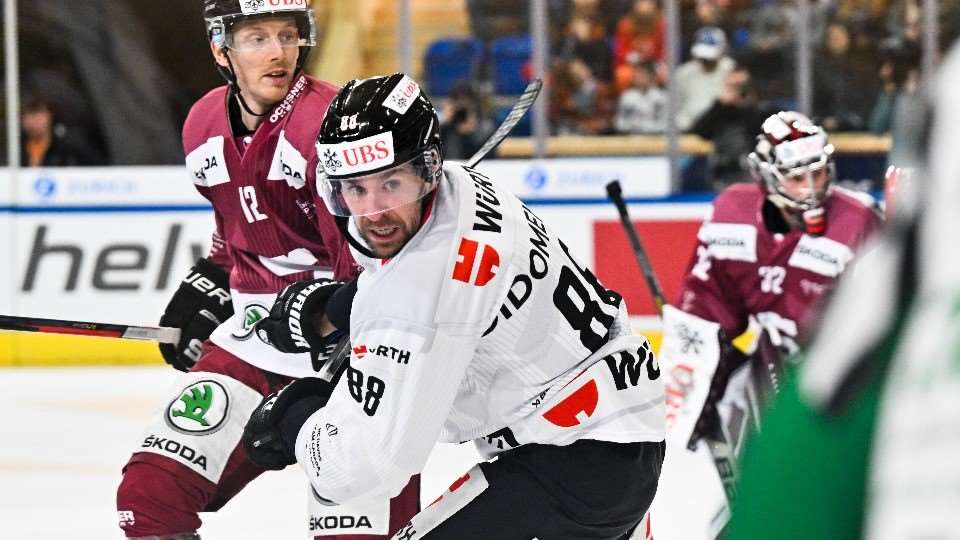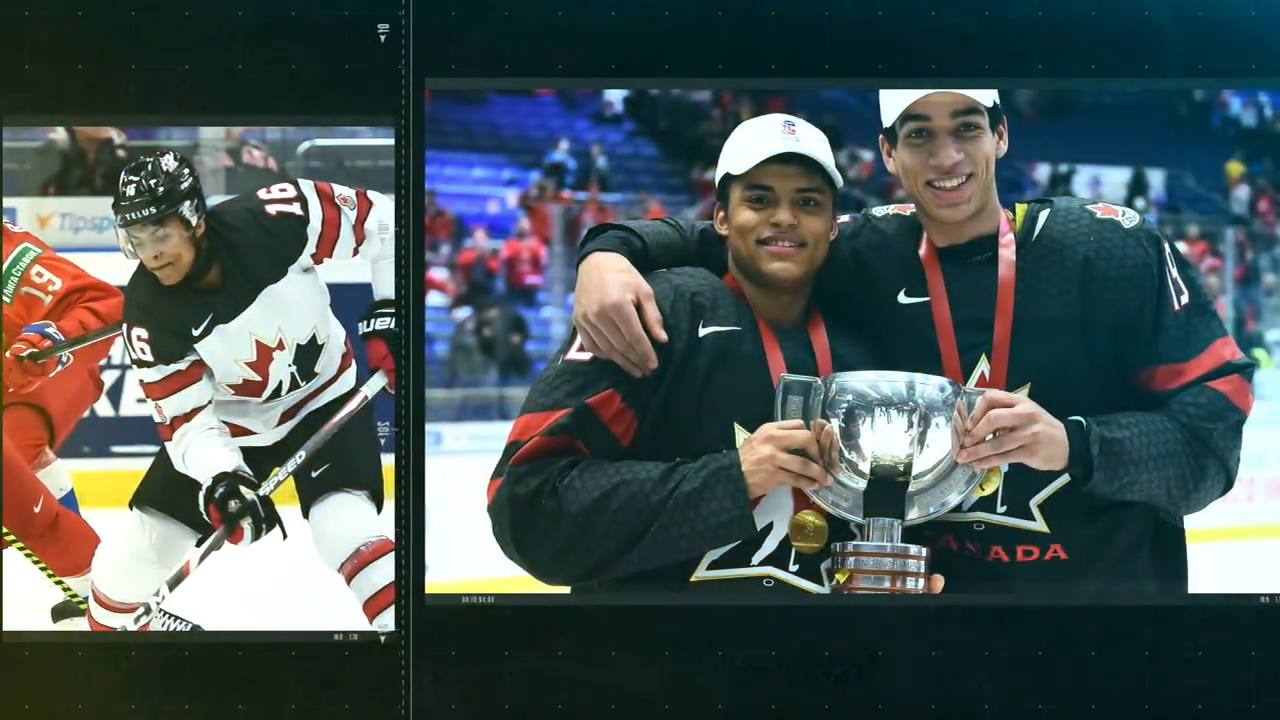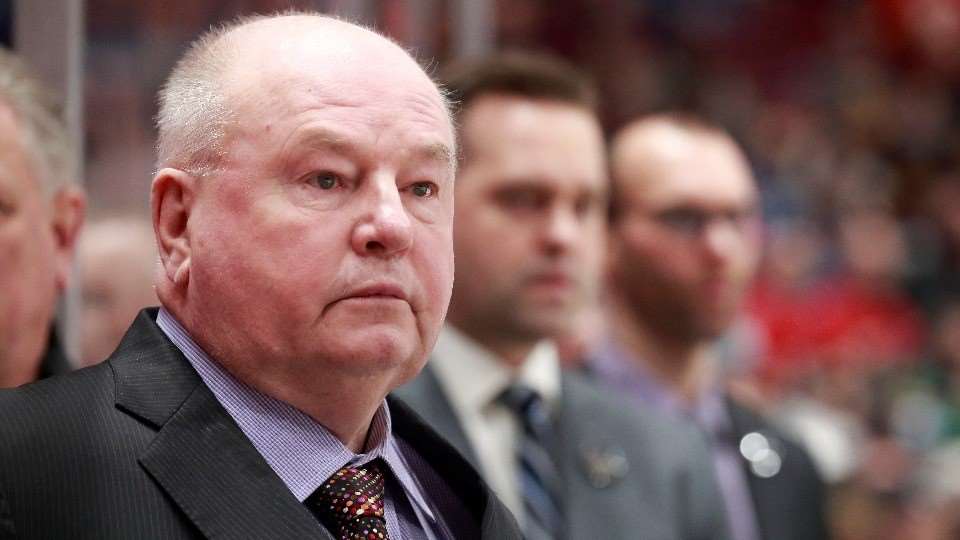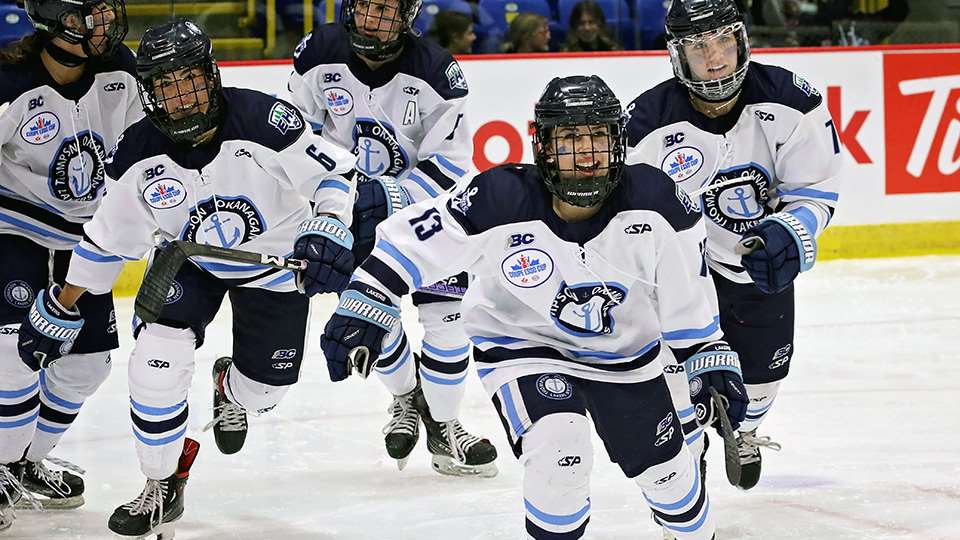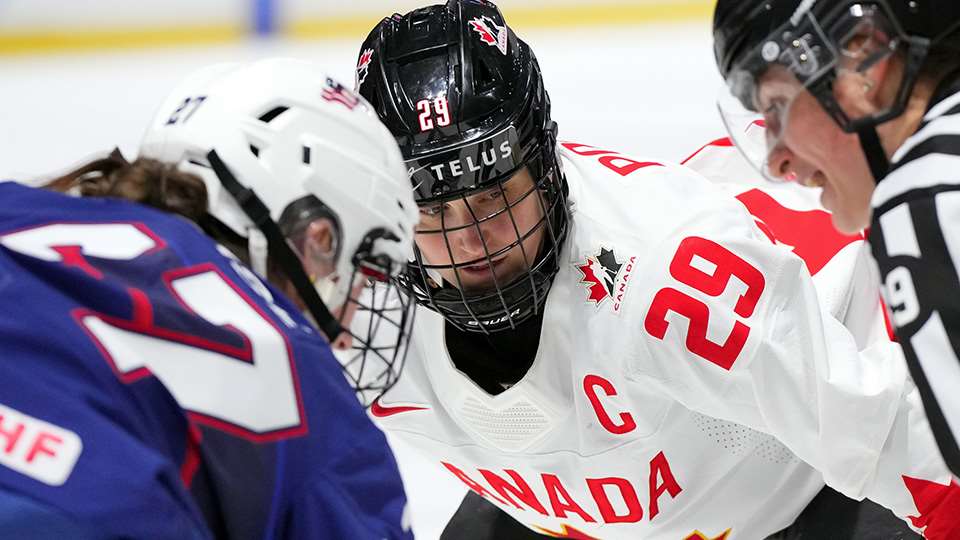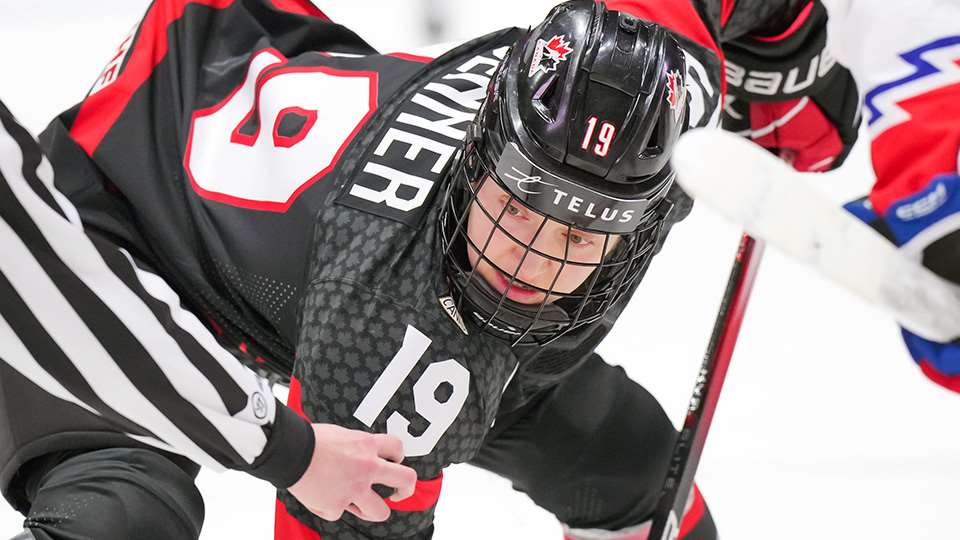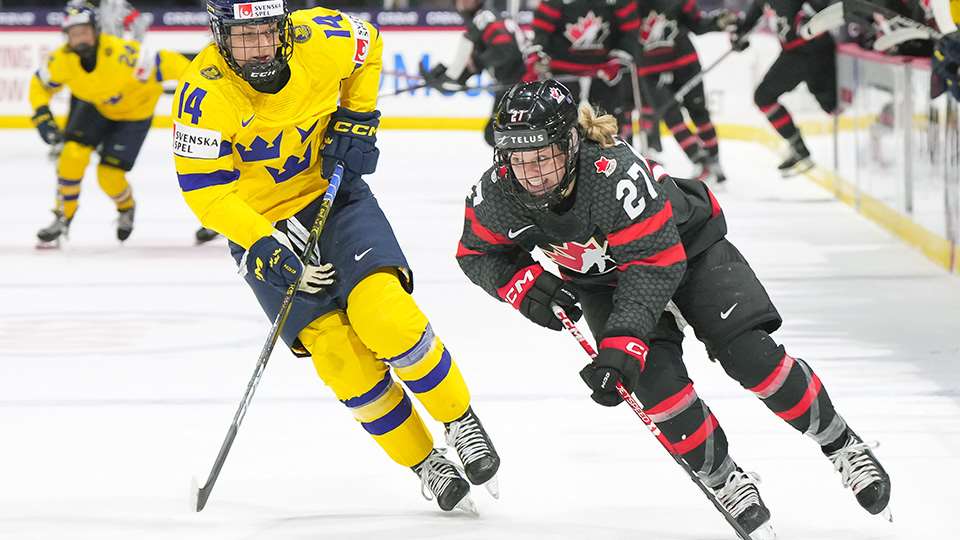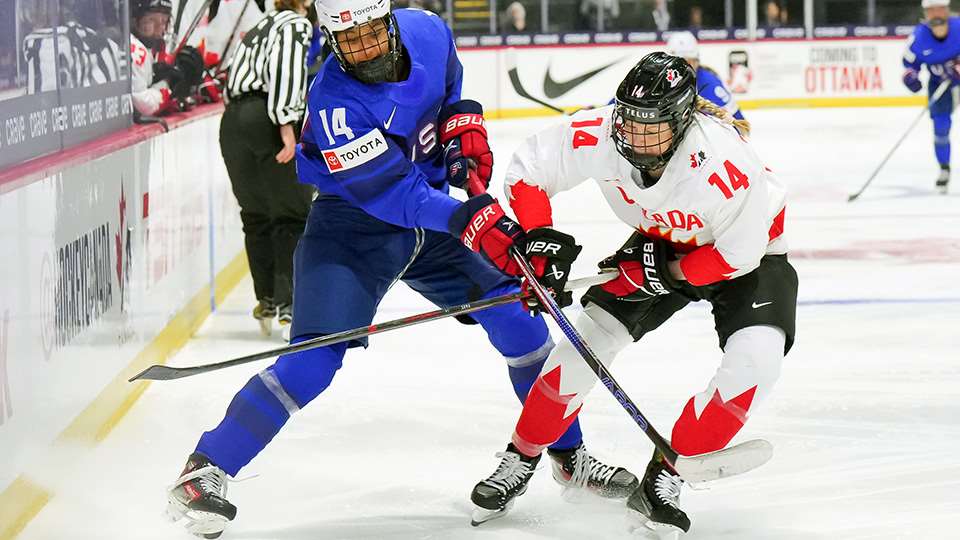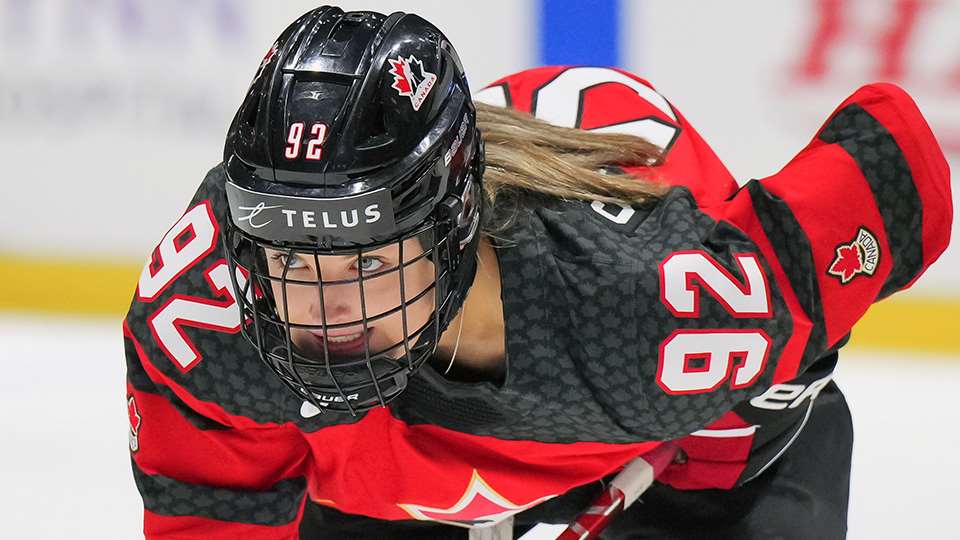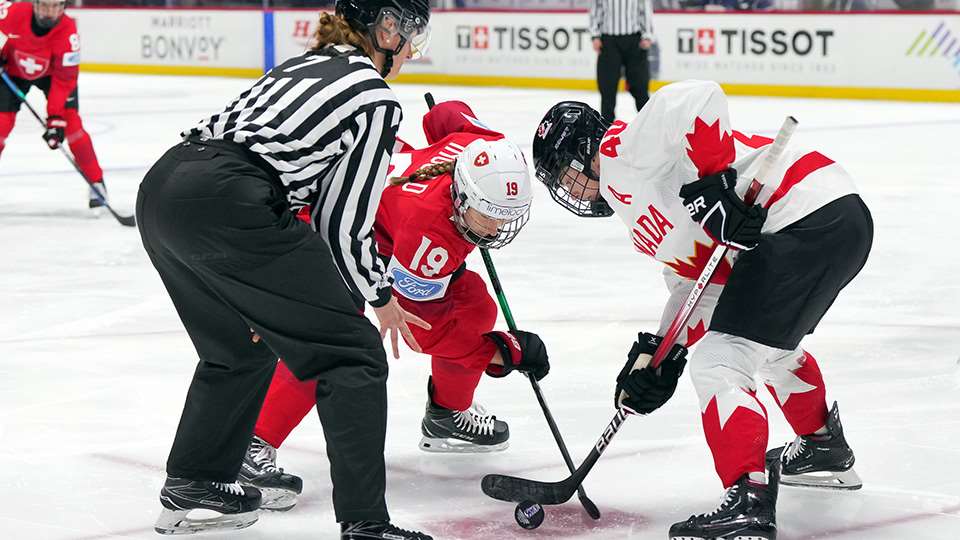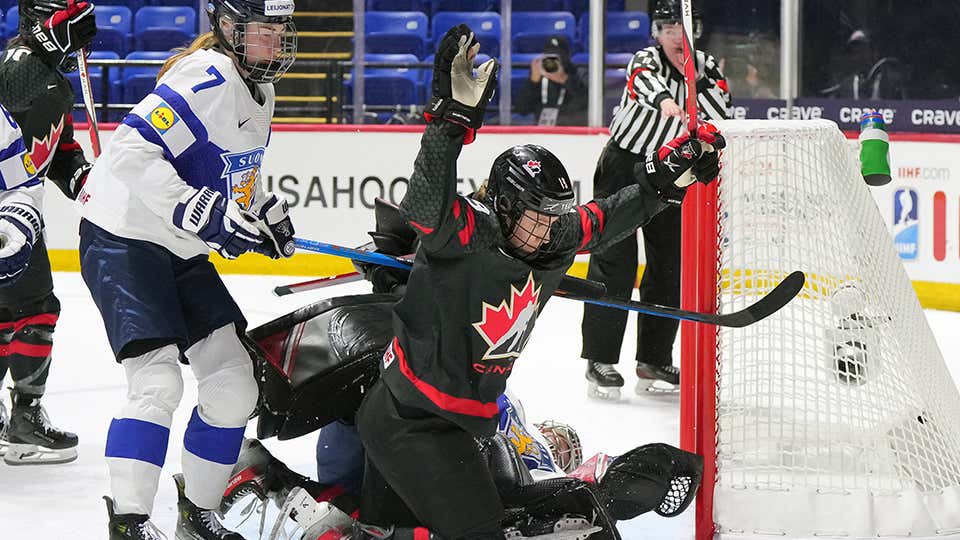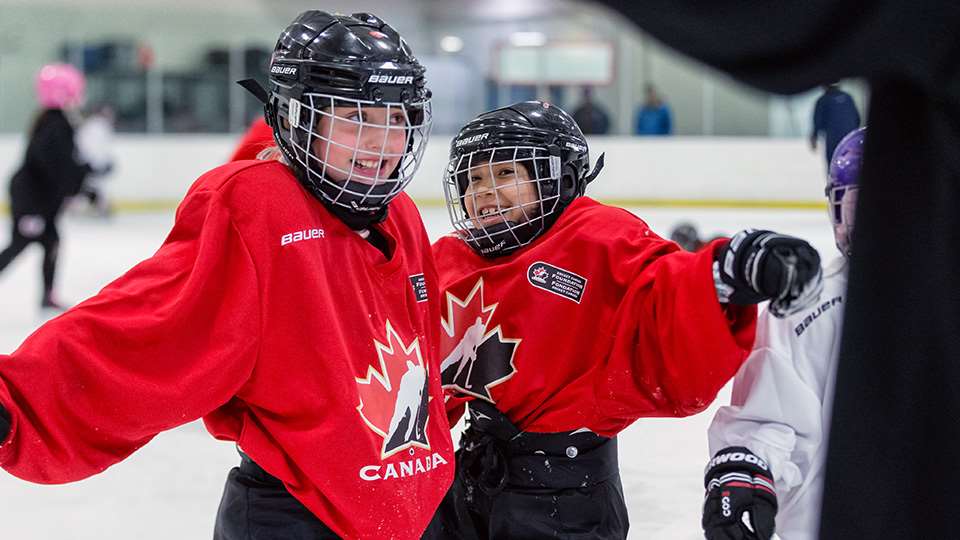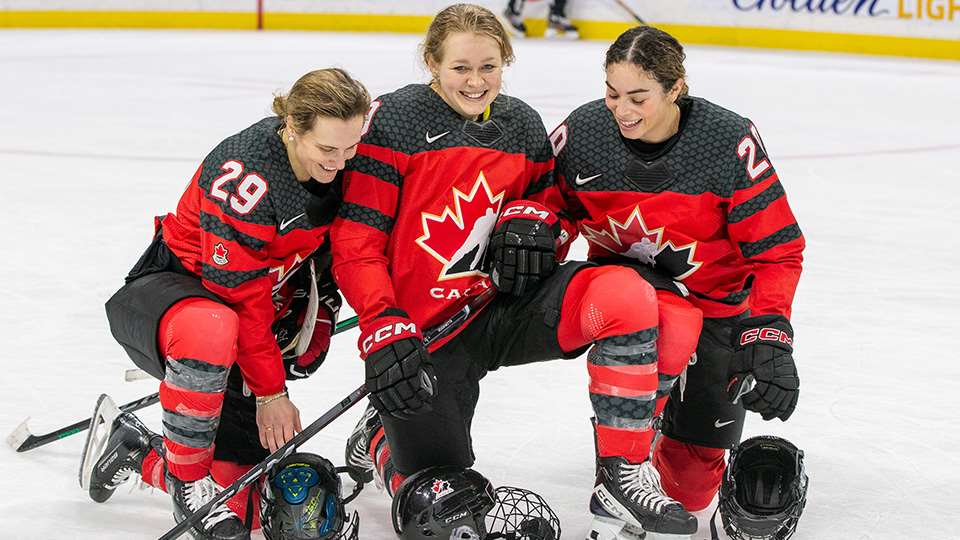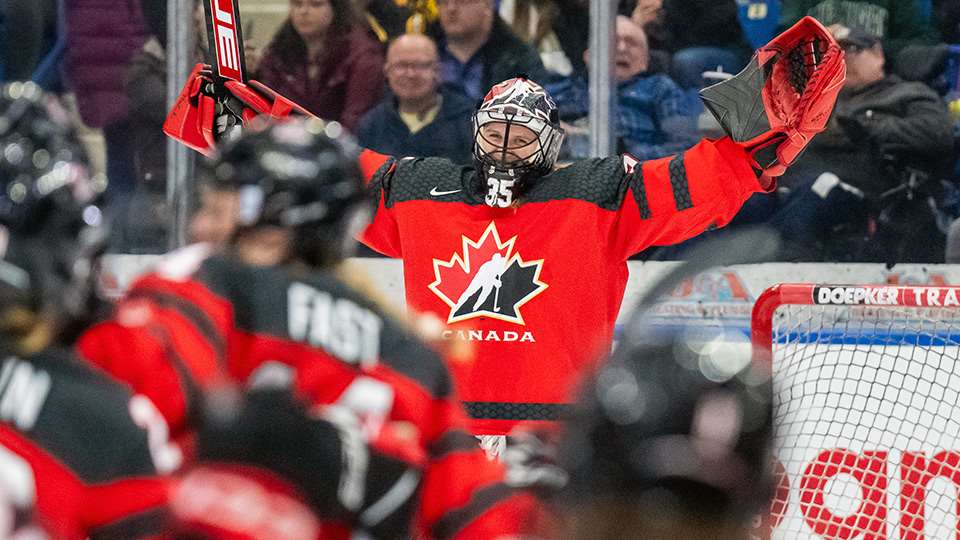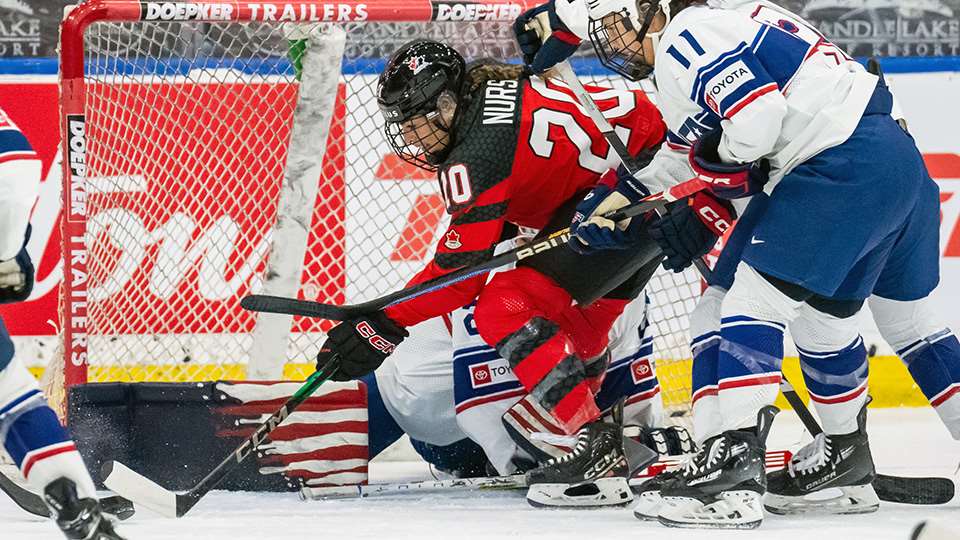
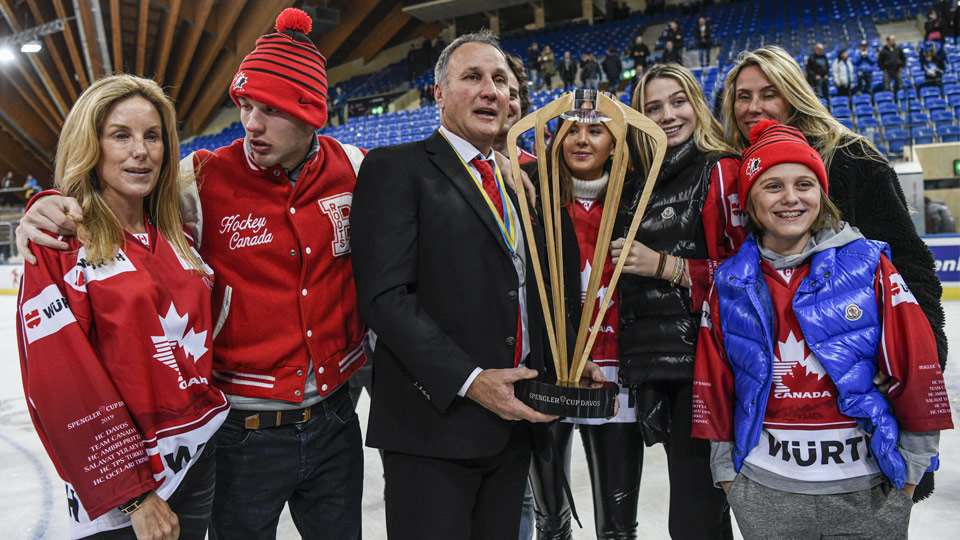
Continuing to contribute
Paul Coffey and Sean Burke, who had no shortage of on-ice international success during their careers, did their parts off the ice to help Canada to victory at the 2019 Spengler Cup

Paul Coffey remembers the tears. There were a lot of them.
The scene was Davos, Switzerland, and Coffey was on the ice celebrating a 4-0 win over HC Ocelari Trinec in the championship game of the 2019 Spengler Cup. The win was Canada’s 16th all-time at the tournament, which set a new record. Coffey, an NHL and international hockey legend, was an assistant coach to Canadian bench boss Craig MacTavish.
“Well, for me, I was a mess. My kid came on the ice, my youngest son (16-year-old Christian), and he’s crying. I thought ‘What happened?’ but he was just so proud,” says Coffey. “And my dad … that was always his favourite tournament, so I was thinking of him. Then I see James Emery, our video coach, unbelievable guy, great to work with, he’s in tears. I said James, ‘Are you OK?’ He looks at me and he goes ‘I’ve never won before.’ It was so exciting. Nothing is better than winning.”
The Spengler Cup has roots back to 1923 and is the oldest invitational hockey tournament on the planet. It’s a unique event, played during the Christmas holidays with the beautiful Swiss Alps as the backdrop. The tournament is at or near the top of many a must-do list for players and fans alike.
Coffey, who played over 1,400 NHL games, won three Norris Trophies, four Stanley Cups, and three Canada Cups (1984, 1987, 1991), and was part of the Canadian roster for the 1996 World Cup of Hockey and 1990 IIHF World Championship, was honoured to be involved.
“You can say the Olympics is this, you can say Canada Cup or World Juniors is the best tournament,” says Coffey. “But there’s no difference. You’re putting that flag on your chest. It’s like winning a championship, whether you’re playing AAA hockey or men’s old-timers league. A championship is a championship. When you put that flag on, I felt it. I had a sport jacket on … but I felt it.”
Sean Burke played maybe the most integral role for the Spengler Cup-winning team as its general manager. Burke is Canada’s all-time goaltending leader in games played at the IIHF worlds and had a storied international playing career with Canada, competing in the World Juniors, two Olympics and five world championships.
His focus these days is building winning hockey clubs; he has been part of the management group at four IIHF World Championships and was GM of Canada’s bronze-medal-winning team at the 2018 Olympics. He’s also been Canada’s GM at the past four Spengler Cups, winning the tournament in 2016 and 2017, and losing in the shootout in the final in 2018.
“It’s a high-quality tournament, but there’s a lot of special features to it, one being the time of year, being right at Christmas time,” says Burke. “It sort of brings back memories of minor hockey tournaments at Christmas with a lot of family around. And the fact that the tournament is almost 100 years old … it’s something that I think everybody wants to be a part of at least once in their hockey career.”
The tournament format is also among its unique features. Canada is invited each year and competes against five professional teams from different leagues. While the other teams are club teams with players who compete and practice together throughout the season, Canada’s entry is made up of players from various leagues and teams.
There isn’t much prep time and, although Canada is often looked at as one of the star attractions of the tournament, the Spengler Cup isn’t an easy event to win. Anything but.
“Every year is unique because it’s always a different team. The process is similar; you’re scraping together the best players you can find that are available for you,” says Burke. “What was really special this year was how quickly the team came together. It’s never easy to throw a team together, have one full practice and then expect guys to go out there and gel. But we were lucky this year. Guys gelled quickly. I give a lot of credit to the coaching staff and their preparation.”
For more information: |
- <
- >

















